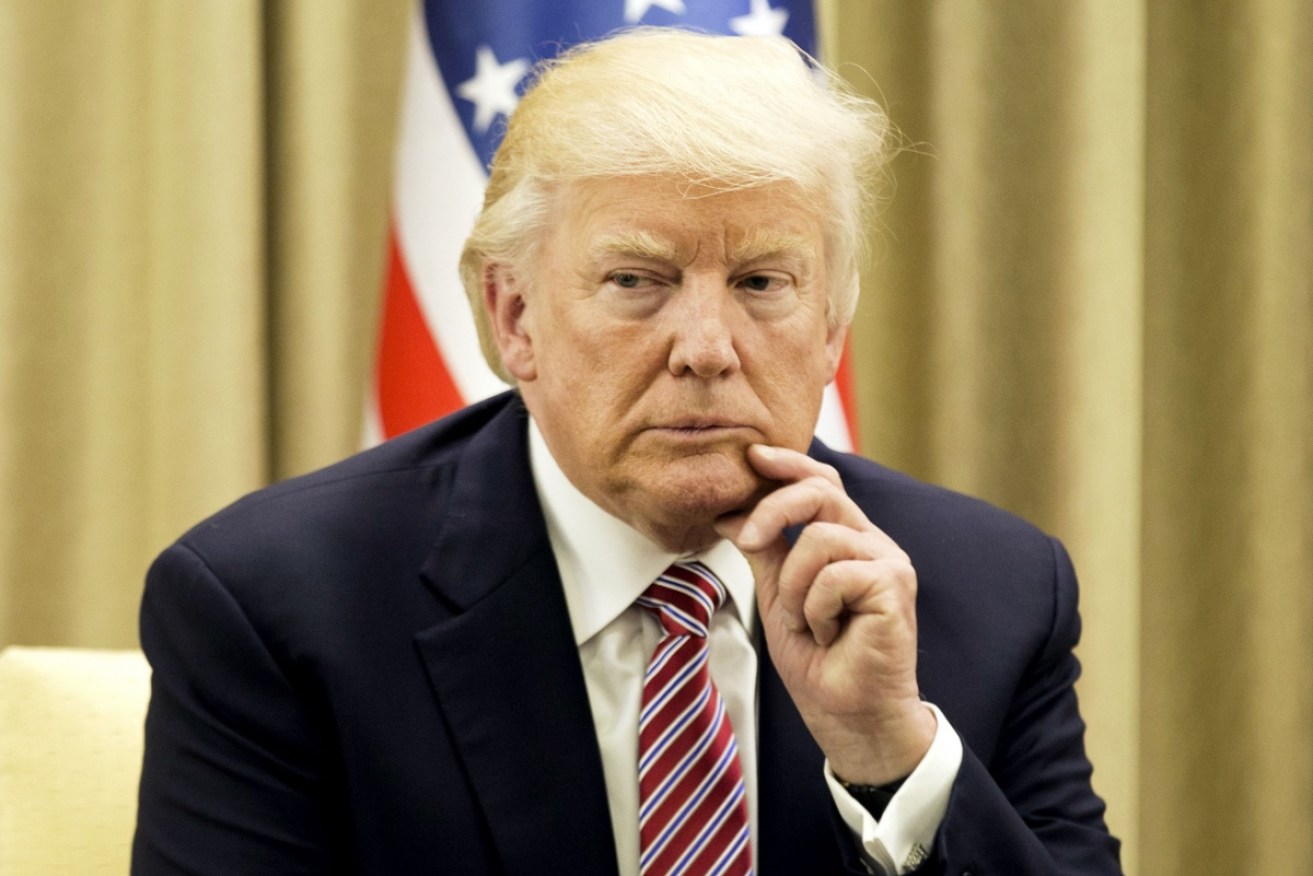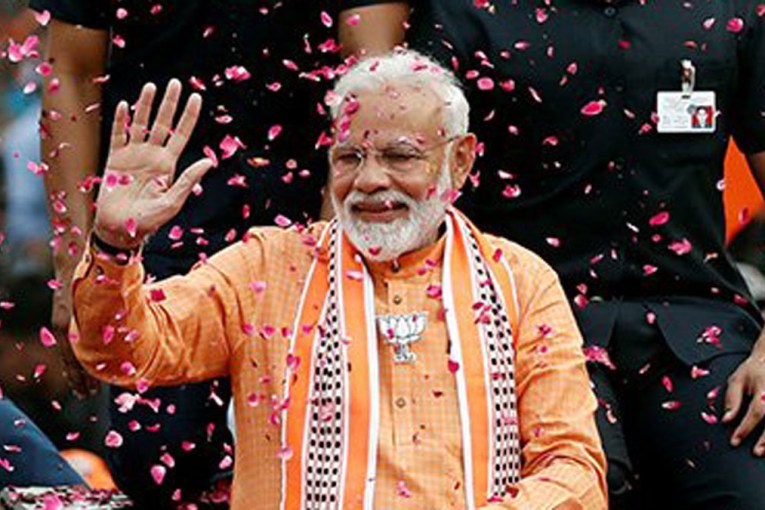US President Donald Trump has unveiled a $4.1 trillion budget for 2018 that will cut deeply into programs for the poor, from health care and food stamps to student loans and disability payments, laying out an austere vision for reordering the nation’s priorities.
The document, grandly titled “A New Foundation for American Greatness”, encapsulates much of the “America First” message that powered Mr Trump’s campaign.
It calls for an increase in military spending of 10 percent, spending more than $2.6 billion for border security — including $1.6 billion to begin work on a wall on the border with Mexico — as well as huge tax reductions and an improbable promise of 3 per cent economic growth.
The wildly optimistic projections balance Mr Trump’s budget, at least on paper, even though the proposal makes no changes to Social Security’s retirement program or Medicare, the two largest drivers of the nation’s debt.
To compensate, the package contains deep cuts in entitlement programs that would hit hardest many of the economically strained voters whose backing propelled the president into office.
Over the next decade, it calls for slashing more than $800 billion from Medicaid, the federal health program for the poor, while slicing $192 billion from nutritional assistance and $272 billion over all from welfare programs.
And domestic programs outside of military and homeland security whose budgets are determined annually by Congress would also take a hit, their funding falling by $57 billion, or 10.6 percent.
It would also cut by more than $72 billion the disability benefits upon which millions of Americans rely.
Student loan programs that subsidise college educations for the poor and those who take jobs in government or nonprofit organisations would be eliminated.










